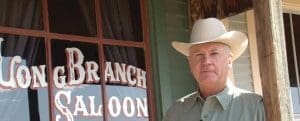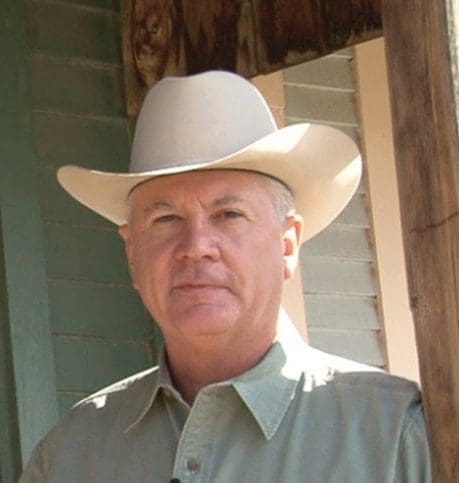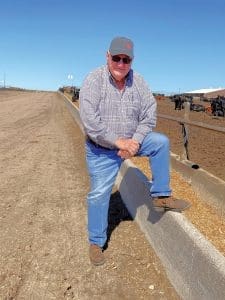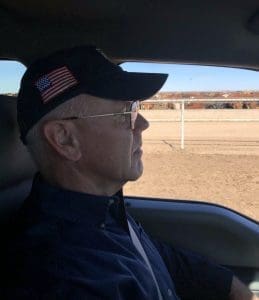By Jim Whitt Contributing Editor

I recently had the privilege of speaking at a conference for the Specialized Carriers & Rigging Association (SC&RA). If you go to their website, you’ll learn that SC&RA is an international trade association of more than 1,400 members from 46 nations. Their members are involved in specialized transportation, machinery moving and erecting, industrial maintenance, millwrighting and crane and rigging operations, manufacturing and rental. You can condense all that into these words they had emblazoned across the big screen as I took the stage to speak: We Lift and Move the World.
I thought about the SC&RA members while reading The Mysterious Case of Rudolf Diesel. Prior to delving into the book, I never thought of the word diesel as anything more than the name of an engine and the fuel that powers it. Diesel is the fuel that powers the engines that move the world. Diesel engines propel the ships, trains and trucks that drive the supply chains of every industry. Diesel engines till the fields, irrigate and harvest the crops. Diesel engines deliver the seed, fertilizer and chemicals necessary for crop production. Diesel engines transport and feed the livestock. Diesel engines transport the finished product of food production to the dinner plate.
None of this would have been possible if not for Rudolf Diesel, the man who conceived and developed the engine synonymous with his name. Diesel was born to Bavarian immigrants in Paris in 1858. Being of German descent, his family was forced to leave France during the Franco-Prussian war in 1870. They settled in London. At the age of 12, Rudolf was sent to Augsburg, Germany, to live with an aunt and uncle.
Diesel was an excellent student and, after completing his basic education, he attended the Industrial School of Augsburg. He then earned a merit scholarship from the Royal Bavarian Polytechnic of Munich. One of his professors was Carl von Linde. After graduating in 1880, Diesel returned to Paris, where he assisted Linde with the design and construction of a modern refrigeration and ice plant. He moved to Berlin in 1890 to manage Linde’s research and development. It was then that Diesel started work on an internal combustion engine.
At the time, steam engines moved the world, but 90 percent of the energy in coal – the primary fuel to generate steam – is wasted. The diesel engine, which can run on everything from vegetable oil to petroleum distillates, continues to be the safest, most efficient internal combustion engine in existence.
The engine proved to be a game changer in one way that Diesel never intended – war. Diesel engines have powered most of the war machines, with the exception of aircraft, since its adoption in World War I. In 1912, Rudolf Diesel made a most prophetic statement, “Fuel is the decider of the fate of nations.”
John Kerry, Joe Biden’s Special Presidential Envoy for Climate, says people would feel better about the Ukraine war if Russia would reduce its emissions. Note to Mr. Kerry: There are no electric charging stations on the battlefield. And 60 percent of electricity is generated by some form of fossil fuel. Regardless of how people feel about reducing emissions, that is not a consideration while waging war.
An army marches on its stomach, but it rolls on fossil fuel. Therefore, food and fossil fuel are the two most critical resources that determine our national security. Yet the current administration is constantly waging war against our nation’s food and fossil fuel industries. The president accuses these industries (and others) of corporate greed, blaming them for high prices and inflation. His favorite line of late is, “They’re playing us for suckers!”
Rudolf Diesel mysteriously disappeared Sept. 29, 1913. Less than a year later, World War I broke out with diesel-powered submarines and ships involved for the first time in history. Was there a connection between Diesel’s disappearance and the role his engine played in the war? After you read The Mysterious Case of Rudolf Diesel, you be the judge.
In my opinion, Diesel was only half right. Fuel is not the only decider of the fate of nations. You must have food. They are two sides of the same coin. Together they move the world.







